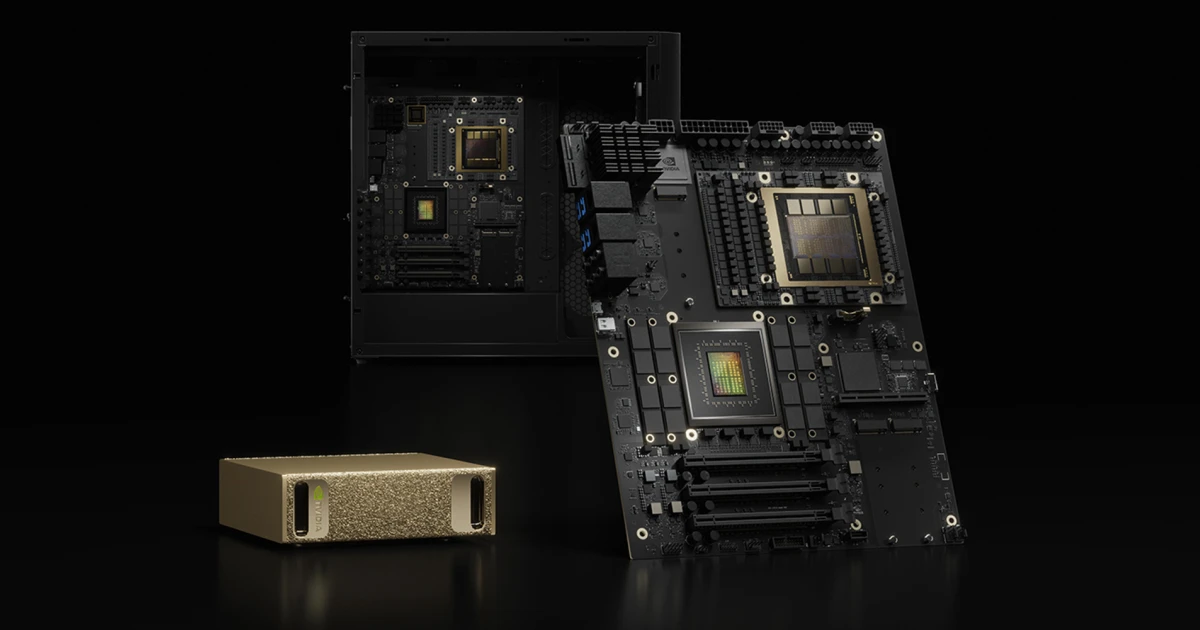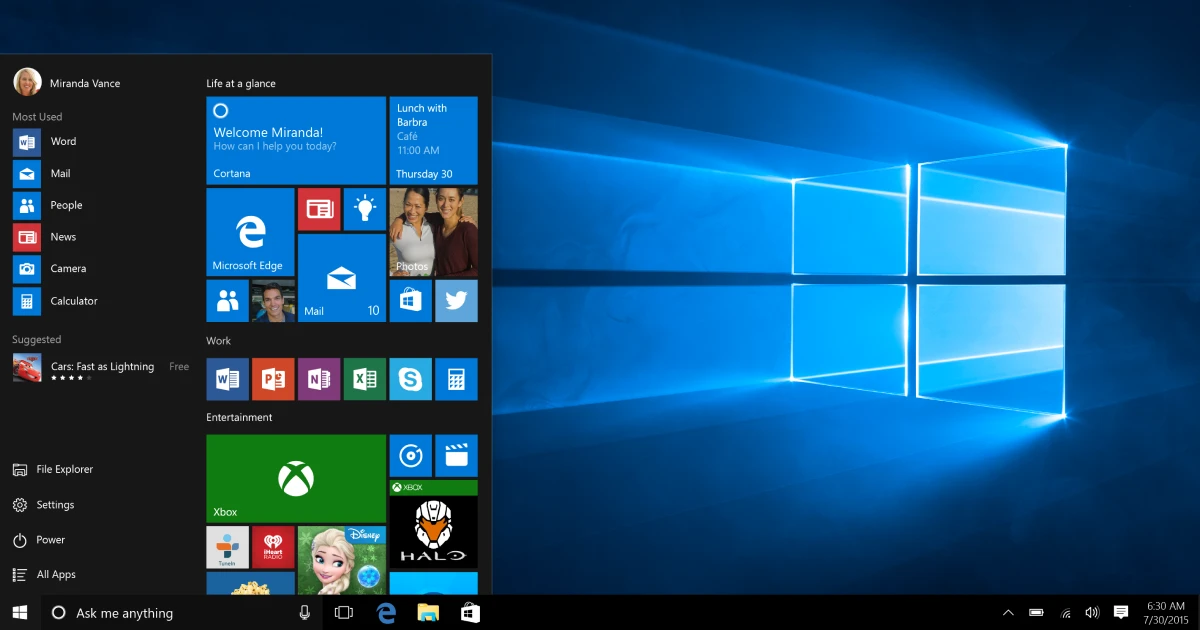However, Tan did not provide much detailed information on how he will restore Intel’s leadership position in manufacturing, nor on his plans to attract more external customers to the company’s foundry, J.P. Morgan analysts said.
It is also worth mentioning that Tan remains focused on the contract manufacturing business and has more recently met rivals TSMC’s 2330. Executives also added that first-quarter sales would have been boosted by customers stockpiling chips as growing tariff tensions between the US and China have influenced buyers' fears of future purchases.
Intel could also stand to benefit from China's introduction of certain exemptions on US imports, given the company’s large presence in the Asian country, as reported by Ben Barringer, the global technology analyst at Quilter Cheviot, as reported by Reuters.
Ruben Roy, analyst at Stifely, said, “Intel needs to streamline fast – they have a lot of investments to make to catch up in AI.". Anshel Sag, the principal analyst at Moor Insights & Strategy, said that "Intel should have always had its own internal solution, but it missed the boat and tried to acquire its way into AI,”.
















